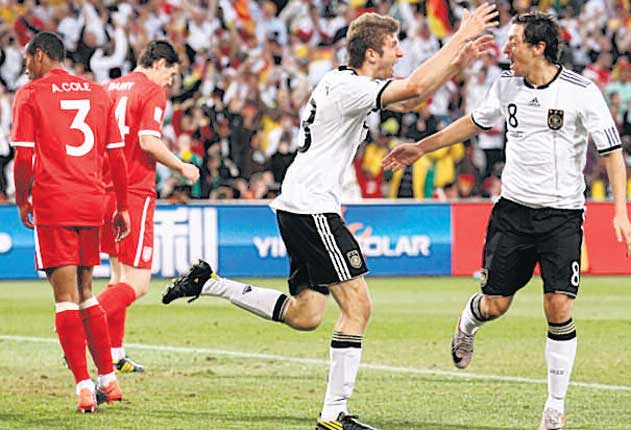Southgate hopes new coaching plan will raise English game

Your support helps us to tell the story
From reproductive rights to climate change to Big Tech, The Independent is on the ground when the story is developing. Whether it's investigating the financials of Elon Musk's pro-Trump PAC or producing our latest documentary, 'The A Word', which shines a light on the American women fighting for reproductive rights, we know how important it is to parse out the facts from the messaging.
At such a critical moment in US history, we need reporters on the ground. Your donation allows us to keep sending journalists to speak to both sides of the story.
The Independent is trusted by Americans across the entire political spectrum. And unlike many other quality news outlets, we choose not to lock Americans out of our reporting and analysis with paywalls. We believe quality journalism should be available to everyone, paid for by those who can afford it.
Your support makes all the difference.Watching England's Under-17s, in whom such hope had suddenly been vested, lose to their German counterparts in the Under-17 World Cup in Mexico late Monday night, Gareth Southgate's mind went back 11 years to another Anglo-German encounter.
The Football Association's head of elite development had been there at year zero, the moment when the decision was made to overhaul the coaching of youth football with such impressive results.
The coaching of German youth that is. Southgate was in the England team which beat Germany 1-0 in Charleroi during Euro 2000. Neither team qualified for the knockout stages but while English football was blinded by the first competitive victory over their rivals since 1966, the vanquished embarked on wide-ranging reform. The youthful team which reached the 2010 World Cup semi-final (thrashing England en route) and the current Under-17s are testament to its success.
"We were awful, and they were worse," said Southgate yesterday. "They then reviewed everything." It took the failure to qualify for Euro 2008 to prompt similar moves at the FA, and last summer's 4-1 defeat to Germany in Bloemfontein to give the reformers the whip hand. "There is an acknowledgement now that we need change," said Southgate. "There is no guarantee that what we are doing will provide us with a World Cup-winning team, but I'm dead certain if we don't change things we will never have one."
The structure of the game in England means the German model, of regional coaching centres run by the federation, is not possible. The clubs run academies. What the FA can influence is the quality and approach of the coaches who they accredit and train. To that end Southgate launched a new trade association, the FA Licensed Coaches' Club. This supersedes the FA Coaches Association, which has around 10,000 members, less than 10 per cent of coaches qualified to level one or above. The aim is to have 50 to 75 per cent of coaches associated with FALCC all of whom will be listed on a central register. To maintain membership coaches must do continuous professional development (CPD) every year. Any club, or school, considering employing a coach will be able to contact the FA and check qualifications. It is a long overdue development.
"We want coaching to be a recognised profession," added Southgate. "We hope CPD will raise the quality."
Cost, accepts Southgate, is an issue with many coaches already unhappy at the price of courses. The new association is £12 per year (against £39 for FACA) with reasonable benefits. The FA's coach education department, he stresses, is "not a profit-making scheme", adding, "we are forever asking how we can subsidise courses. When Ian Holloway says, 'What do the FA need the money for?' after being fined for something, I can think of about 45 good causes.
"Coaches play a crucial role. My perception of Richard Williams was: 'pushy tennis parent'. Then I read a fascinating article by Nick Bollettieri [in the tennis coach's Independent column] about the Williams sisters in which he said: 'I want the whole world to know your father never once shouted at you, you were brought up in an environment of positive reinforcement, of hugs and love, you weren't allowed to play in tennis tournaments until you were 14, and the whole tennis world thought your dad was crazy'. That's the environment we need to create, for all players, not just elite ones. If we don't achieve anything else that would be worthwhile."
Join our commenting forum
Join thought-provoking conversations, follow other Independent readers and see their replies
Comments